-
Recently Browsing 0 members
- No registered users viewing this page.
-
Latest Activity
-
+1 for always missing QOTSA. First time Sunday night 2011. Chose The Streets as my friends were going, even though I’d have chosen QOTSA, was glad we did Streets. Second time last year, vs. EJ, I just couldn’t not see Reg.
-
Timetables should be out on 14 May, give or take a few days either side.
-
Dunno if he's been mentioned but Jelani Blackman is on Nowhere. Don't love all his stuff but he's good. Has a song with Bob Vylan as well.
-
Not the first time I've read this but I thought he was fantastic. Really funny and personable between songs and has a confidence that doesn't rely on his audience to feed. Helps for me that every album he brings out is wall to wall just brilliant.
-
-
Latest Festival News
-
Featured Products
-

Monthly GOLD Membership - eFestivals Ad-Free
2.49 GBP/month
-
-
Hot Topics
-
Latest Tourdates


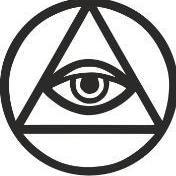


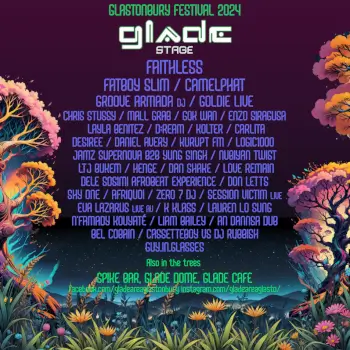
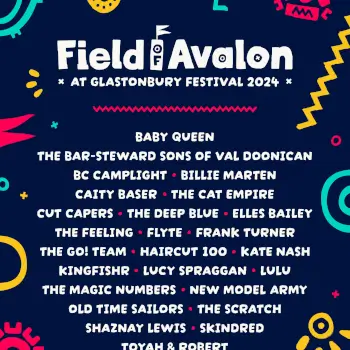
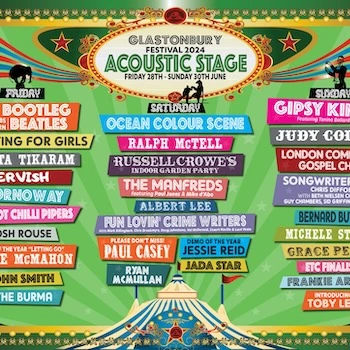
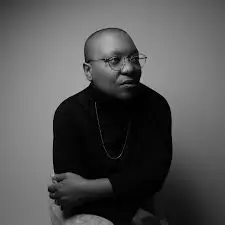
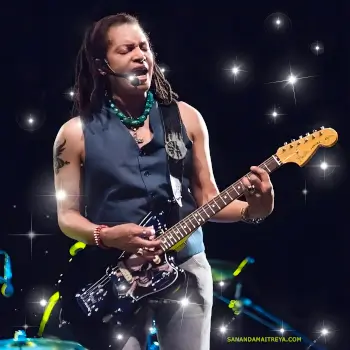
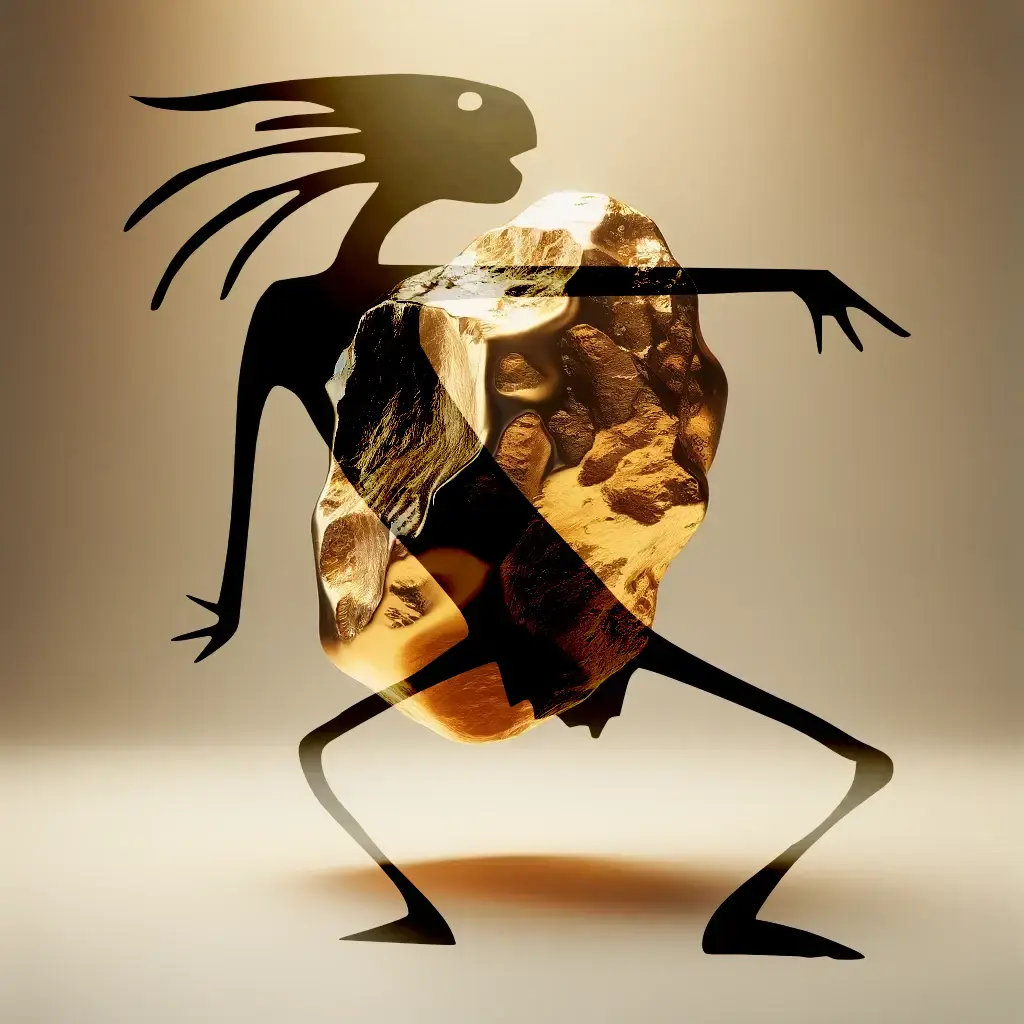
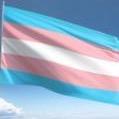
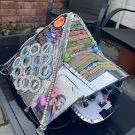
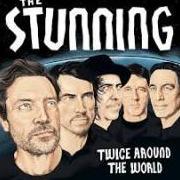

Recommended Posts
Join the conversation
You can post now and register later. If you have an account, sign in now to post with your account.